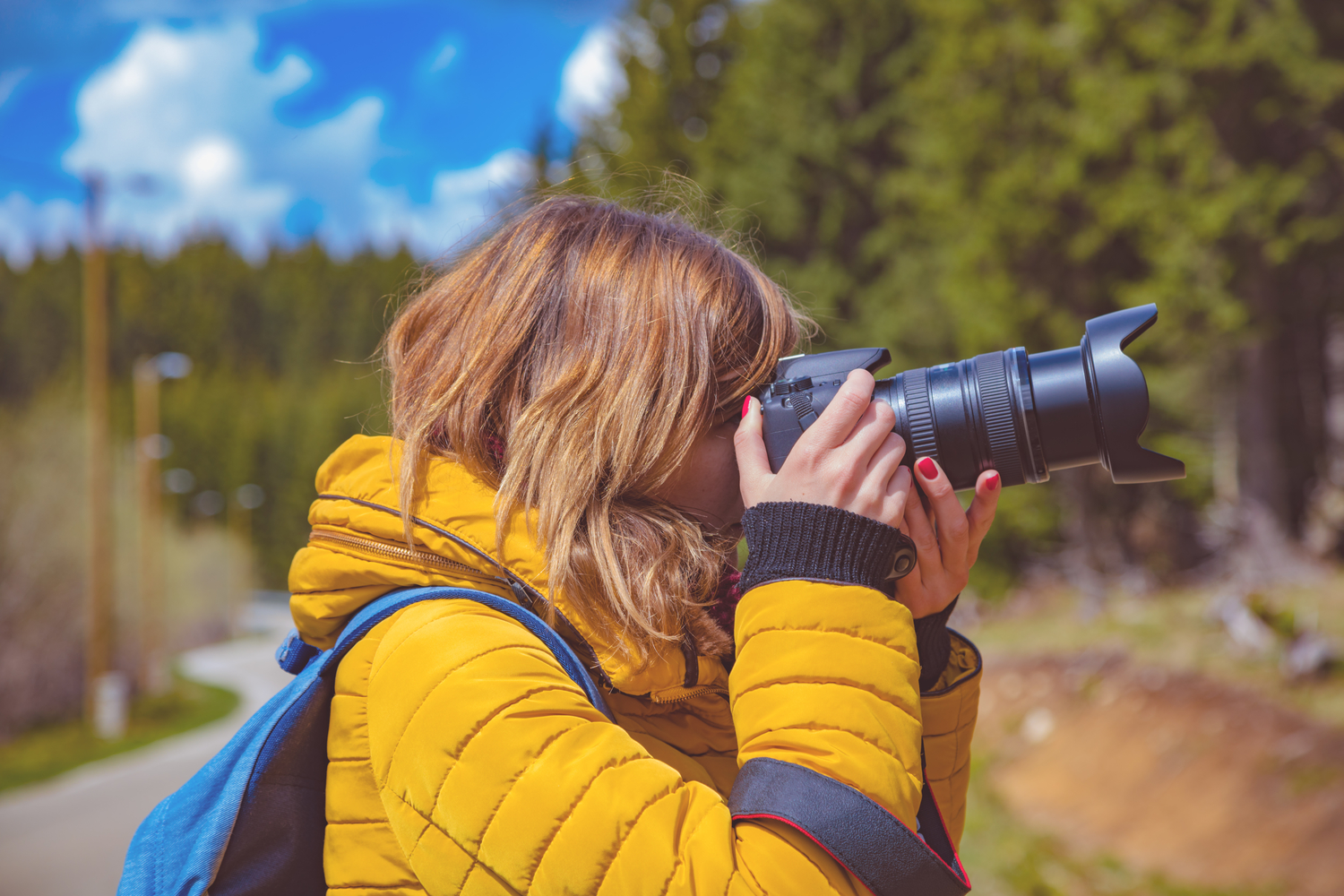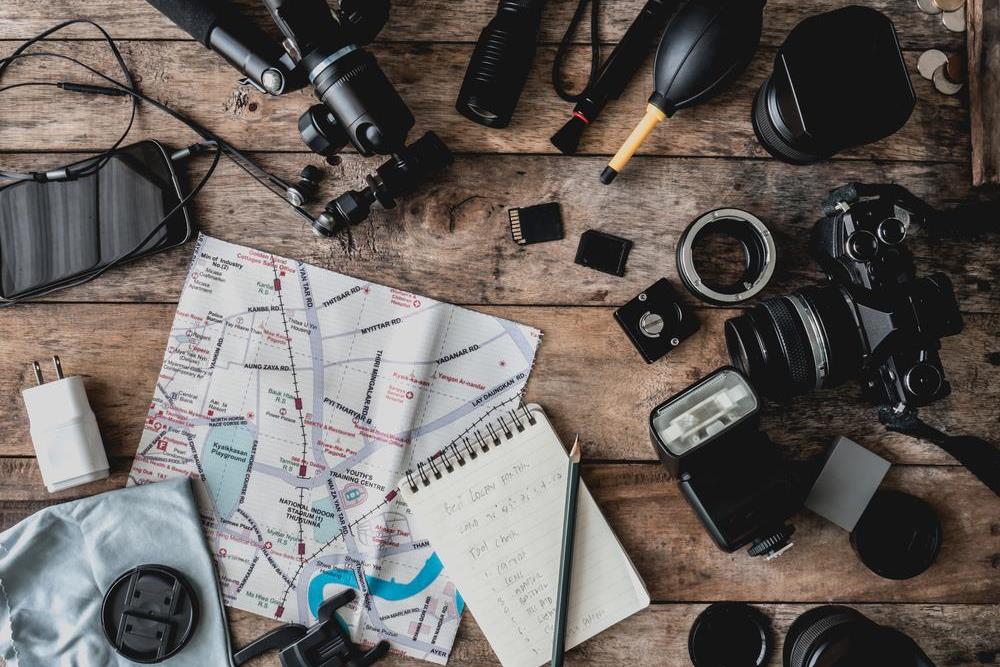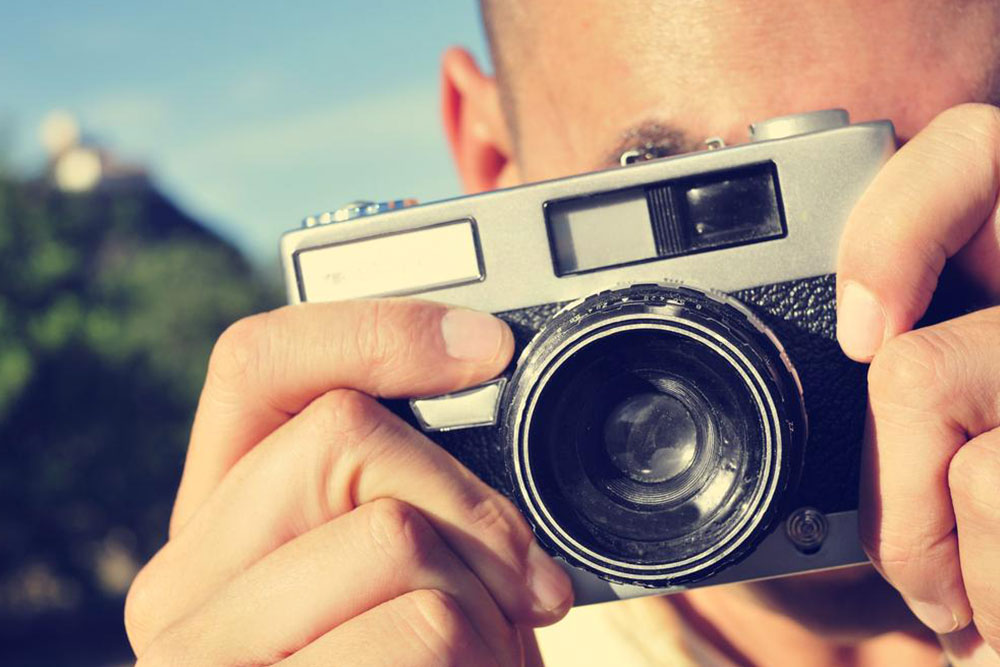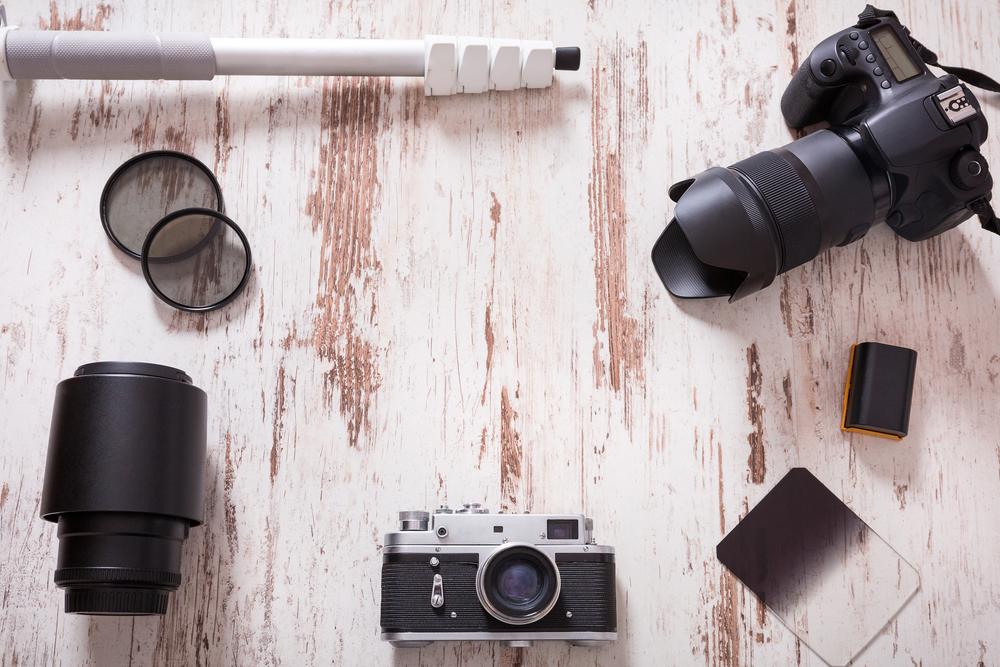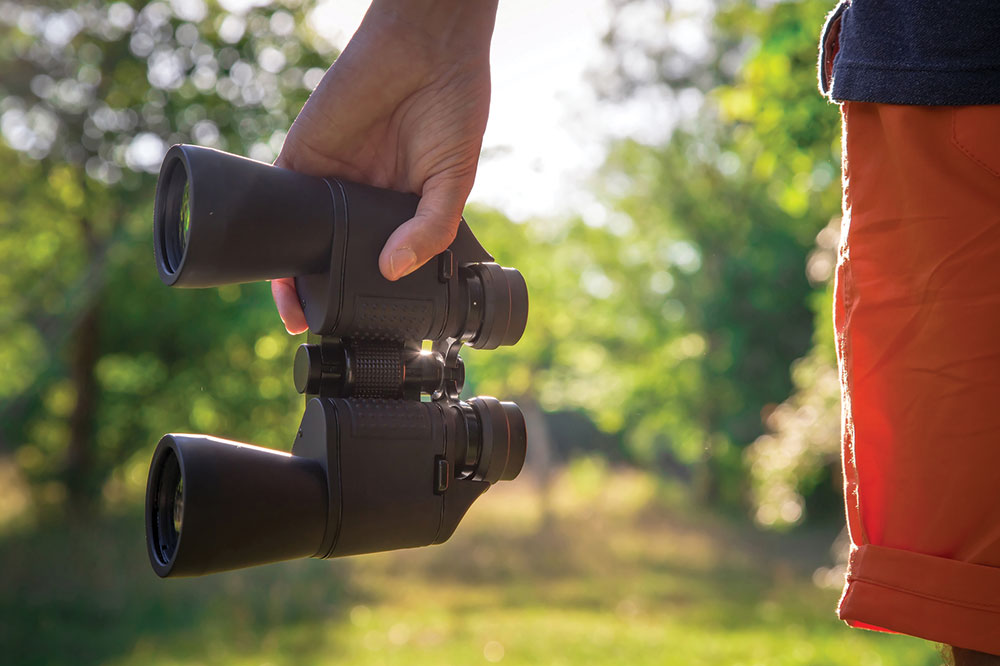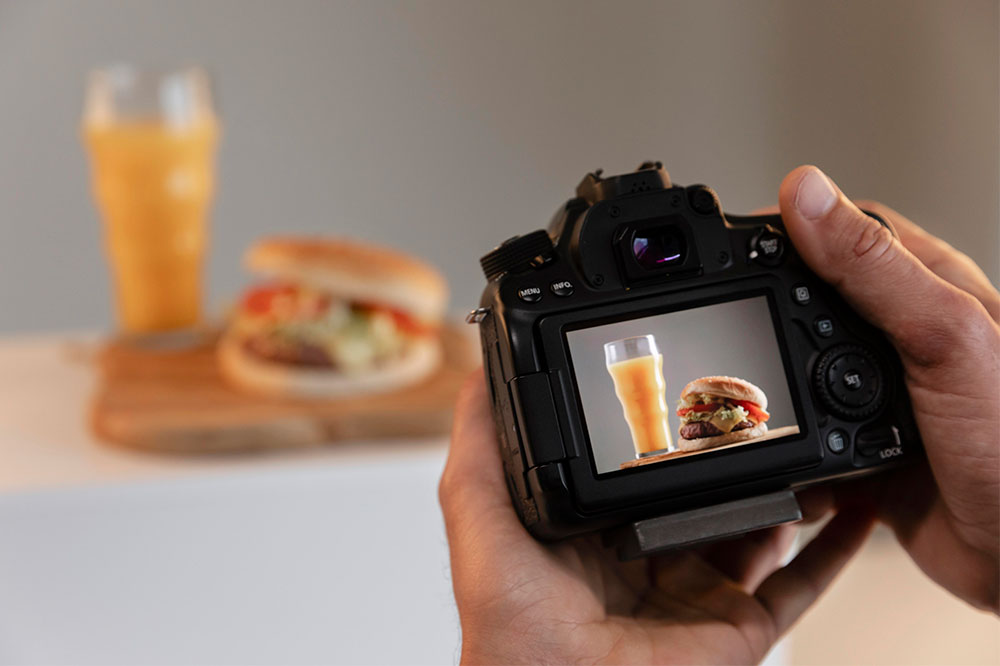Essential Tips for Buying a Used Camera
This comprehensive guide offers practical tips for purchasing used cameras, including key features to inspect, physical condition checks, essential accessories, and buying methods. It helps buyers make informed decisions to find reliable secondhand cameras that deliver great performance without overspending.
Sponsored
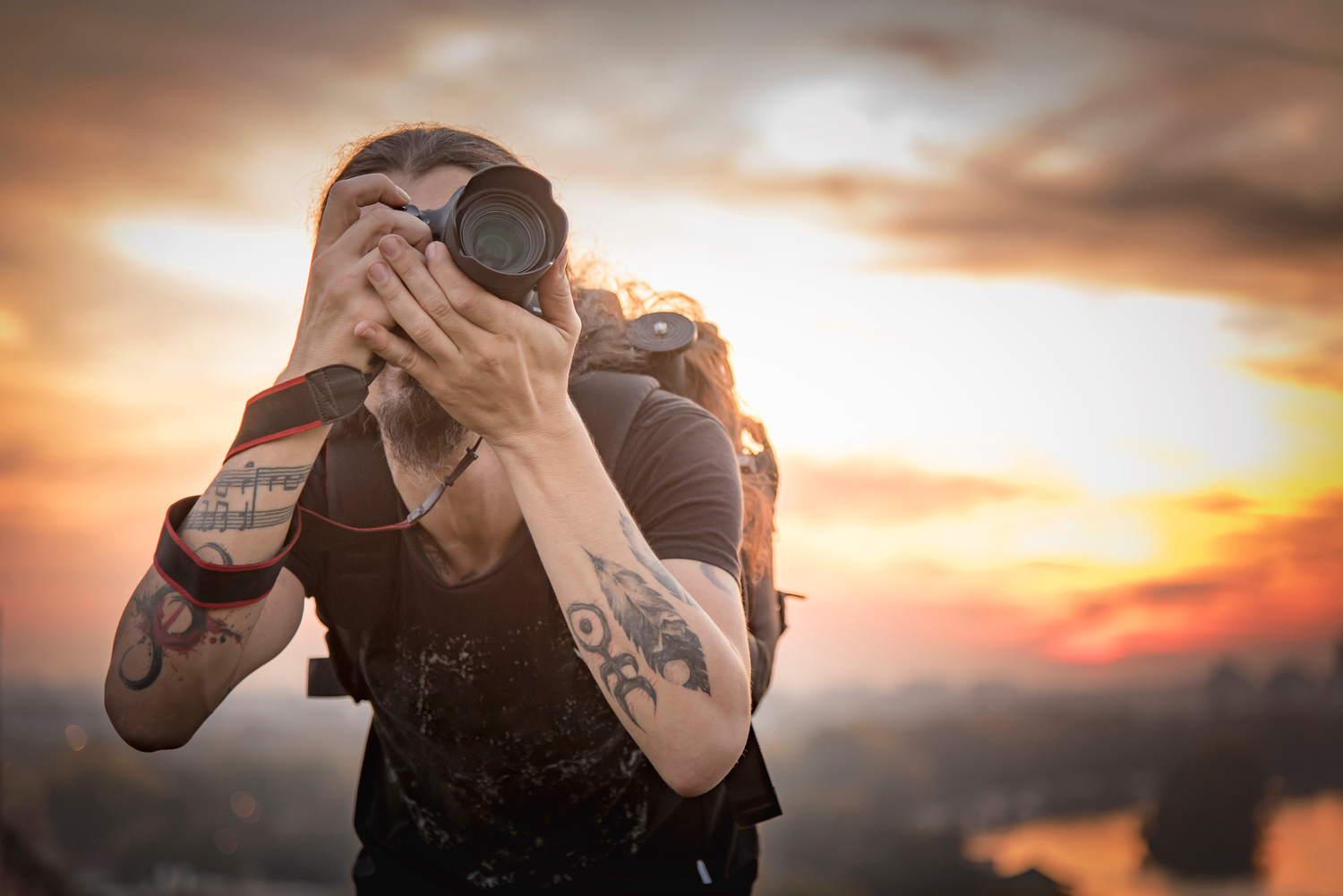
Guide to Purchasing a Pre-Owned Camera
Getting a high-quality camera doesn't have to break the bank. Often, costly DSLR and mirrorless models can be more affordable when bought secondhand. While concerns about potential damage or wear are common, knowing what to look for can help you get a reliable device that offers great performance. Buying a used camera can be a smart choice if you check key features, condition, and accessories properly. This guide provides essential tips to help you make an informed purchase.
Here are the main aspects to evaluate before purchasing a secondhand camera.
What features should you scrutinize when selecting a used camera?
Start by checking the age of the camera model. Newer models typically have updated features like Bluetooth or GPS, which older units may lack.
Test the lens focusing mechanism—make sure it moves smoothly without resistance.
Inspect all buttons for responsiveness and ensure none are stuck, broken, or missing.
Examine the camera and lens body for visible damage or cracks.
Are there specific lens checks to perform?
Take a few test shots to verify image clarity—ensure the lens produces sharp, clean images.
Use your laptop to zoom into images and check for any blurriness or defects.
Test both autofocus and manual focus modes to confirm proper operation.
Hold the camera upside down and gently shake or tilt to see if the lens feels securely fitted; looseness indicates issues.
Physical features of the camera body to assess
Minor scratches are normal, but look for large dents or broken parts that suggest falls or mishandling.
If bought without a lens, verify the lens mount's condition for correct fitting.
Check that the LCD screen functions properly; replacing it can be costly.
Inspect for dust or debris inside the viewfinder, which can indicate internal issues.
Important accessories to consider with a secondhand camera
Essential accessories include the camera battery, charger, and USB transfer cable—having these saves extra costs and ensures compatibility.
For DSLRs, check if the lens is included or available separately.
Additional accessories like a camera bag, strap, tripod, extra memory cards, user manual, and lens filters enhance your shooting experience and add value.
Buying options: online or in-store?
If you're new to buying used cameras, consider purchasing from a reputable retail store to assess the device in person.
When buying online, choose verified and trusted sellers on popular platforms like eBay or specialized camera marketplaces.
Research seller reviews thoroughly to avoid scams or inferior products. Remember, if a deal seems too good to be true, it probably is—spend a bit more for assurance of quality.

